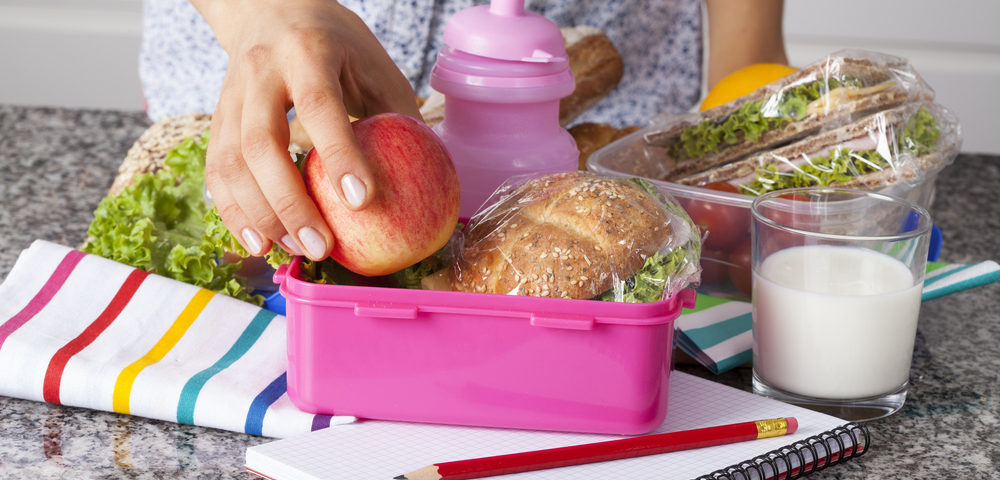
What To Expect With Your First Foster Care Placement
July 19, 2019
Understanding Separation Anxiety In Foster Care Children
August 23, 2019Going back to school is an exciting time that is filled with change. But change can also be scary. It’s natural for children to feel a somewhat anxious about the first day of school, even with brand new clothes and school supplies at the ready.
For children in foster care, starting the school year can be uniquely challenging. They have already had to learn new names and adjust to change by coming to live with you. Adding school to the equation may be overwhelming.
As a foster parent, there are things you can do to help make the transition back to school a little bit less scary. Read on to learn how to make a foster child’s first day at school their best one yet.
Keep the lines of communication open.
When it comes to school, the best way you can help your child is to stay involved. Let the teacher know that the student is in foster care and how they should address you as the foster parent, such as Mr. or Mrs., Mom or Dad, or in some foster situations, Auntie or Grandpa. Inform the teacher of any possible triggers or special needs. Keep in touch with the teacher about any visitation days or setbacks. This will help the teacher understand if their behavior is off that day. Sign up for tools like Remind 101, so that you are aware of assignments. Keep the lines of communication open, so that you can help your foster child succeed.
Give your foster child time to mentally prepare.
Make arrangements to meet the teacher and tour the school beforehand, so that your foster child knows what to expect the first day. Attend the Open House to give your child a chance to see their classroom, locker and desk. If there is not an official Open House, you can contact the teacher or principal about a setting up meeting to give your foster child time to mentally prepare. While at the school, introduce your foster child to the principal, librarian, secretary, and anyone else they will encounter on a regular basis. A fun way to help them remember new faces is to print the school website directory and glue the photos into a book.
Take your foster child shopping.
Going back to school shopping with your foster child can help them feel part of the process and may even generate excitement about the first day. Print off an extra copy of the school supply list to give to the child. Also give them a pen they can use to check off each item they find. If you are able to, let your foster child pick out a new outfit or two. A new pair of shoes and new clothes can do wonders for a child’s self-esteem. You will also want to stop at the grocery store together to shop for their favorite healthy breakfast and school lunch options.
Once school begins, help your foster child explore their interests by encouraging them to try out for sports or join an after-school club. This could be a great opportunity for them to form a group of friends and find a home in their school life. With a little support, your child can thrive in their new school environment.
Every child needs and deserves to grow up safe and protected from abuse and neglect, and caring foster parents offer children support and stability when they need it most. At Camelot Care Centers, we specialize in higher-level foster care for children and adolescents that need extra support. We partner with our foster parents/homes to provide trauma informed care and additional services, including in-home counseling, parent support and training, tele-psychiatry, and therapeutic mentoring, to maintain children at the least restrictive, yet most appropriate level of care. Camelot Care Centers (“Camelot”) is a Child Welfare Agency licensed by the State of Illinois, a member of the Illinois Collaboration on Youth (ICOY), and is accredited by the Council on Accreditation (COA).




